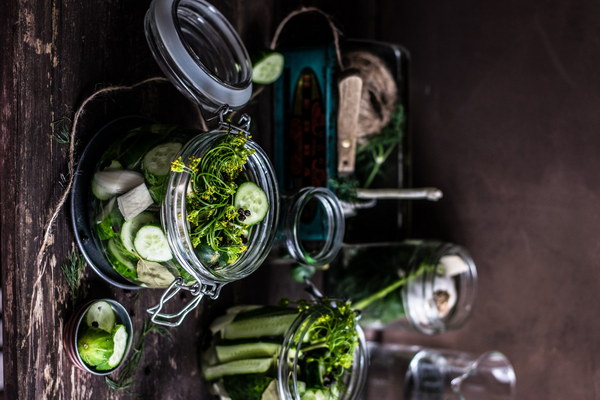Revitalize Your Lungs Discover the Power of Tibetan Medicine for Lung Cleansing and Moisturizing
In the vast realm of traditional medicine, Tibetan medicine stands out for its unique approach to healing and wellness. One of the most remarkable aspects of this ancient practice is its ability to address respiratory issues such as lung cleansing, moisturizing, and expectoration. In this article, we will delve into the world of Tibetan medicine and explore the benefits of its lung-cleansing remedies.
The human respiratory system plays a crucial role in maintaining overall health and well-being. It is responsible for the exchange of oxygen and carbon dioxide, which is essential for our survival. However, due to pollution, smoking, and other environmental factors, our lungs can become prone to infections, inflammation, and congestion. That's where Tibetan medicine comes in, offering a natural and effective way to restore the health of your lungs.
Tibetan medicine is based on the concept of balancing the body's three main energies: wind, fire, and earth. These energies are believed to be the root cause of all diseases, including respiratory problems. The goal of Tibetan medicine is to restore balance to these energies, thereby promoting healing and well-being.
One of the key Tibetan remedies for lung cleansing and moisturizing is the use of herbs. These herbs have been used for centuries to nourish the lungs, expel phlegm, and improve respiratory function. Here are some of the most popular Tibetan herbs for lung care:
1. Codonopsis: Also known as Chinese giant parsley, this herb is known for its ability to strengthen the immune system and improve lung function. It helps to expel phlegm and reduce inflammation, making it an excellent choice for those with respiratory issues.
2. Aconitum napellus: This herb is often used to treat lung congestion and bronchitis. It has anti-inflammatory and expectorant properties that help to clear the lungs and alleviate breathing difficulties.
3. Prunella vulgaris: Known as self-heal, this herb is highly effective in treating respiratory infections and bronchitis. It has expectorant and diuretic properties that help to clear the lungs and reduce inflammation.
4. Scutellaria baicalensis: Also known as Chinese skullcap, this herb is used to treat a wide range of respiratory problems, including cough, bronchitis, and asthma. It has anti-inflammatory, expectorant, and antibacterial properties.
In addition to herbal remedies, Tibetan medicine also emphasizes the importance of lifestyle changes to support lung health. Here are some tips to help you maintain healthy lungs:
1. Practice deep breathing exercises: Breathing deeply and slowly can help to increase lung capacity and improve oxygenation. Techniques such as pranayama and diaphragmatic breathing can be particularly beneficial.
2. Stay hydrated: Drinking plenty of water helps to thin the mucus in your lungs, making it easier to expel. Aim to drink at least 8 glasses of water per day.
3. Avoid smoking and secondhand smoke: Smoking is a leading cause of lung disease. If you smoke, quit as soon as possible. If you are exposed to secondhand smoke, try to minimize your exposure.

4. Exercise regularly: Regular physical activity can improve lung function and overall respiratory health. Activities such as walking, jogging, and swimming are excellent choices.
5. Practice yoga: Yoga can help to improve lung capacity and flexibility. It can also reduce stress, which can exacerbate respiratory issues.
In conclusion, Tibetan medicine offers a natural and effective approach to lung cleansing, moisturizing, and expectoration. By incorporating herbal remedies and making lifestyle changes, you can improve your respiratory health and enjoy a better quality of life. Remember that it is always important to consult with a healthcare professional before starting any new treatment or making significant changes to your lifestyle.









